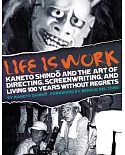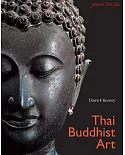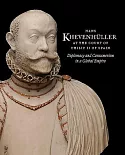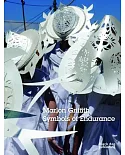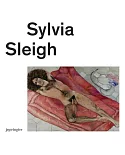The decade immediately following the Bolsheviks’ victory in the Russian Civil War saw an artistic and cultural flowering in Russia. Some of the great names of twentieth century
culture—Bulgakov, Mayakovsky, Stanislavski, Prokofiev—rose to prominence with the new revolution. At the same time however, this period saw the creation of the complex censorship system which
sought to control Russian theatre and literature through funding, censorship of the press, intimidation and violence. Lenin was an unambiguous supporter of total censorship and control of
culture, while, interestingly, a young Stalin defended Bulgakov against charges of ’bourgeois’ leanings. By charting the direction of theatre, literature and the Bolshevik leadership in this
period, Steven Richmond provides a fascinating history of cultural life in communist Russia—and an insight into the character of totalitarianism itself. Essential reading for students and
scholars of twentieth century social, literary and cultural history, this will become one of the key works on censorship in the early Soviet Union.






